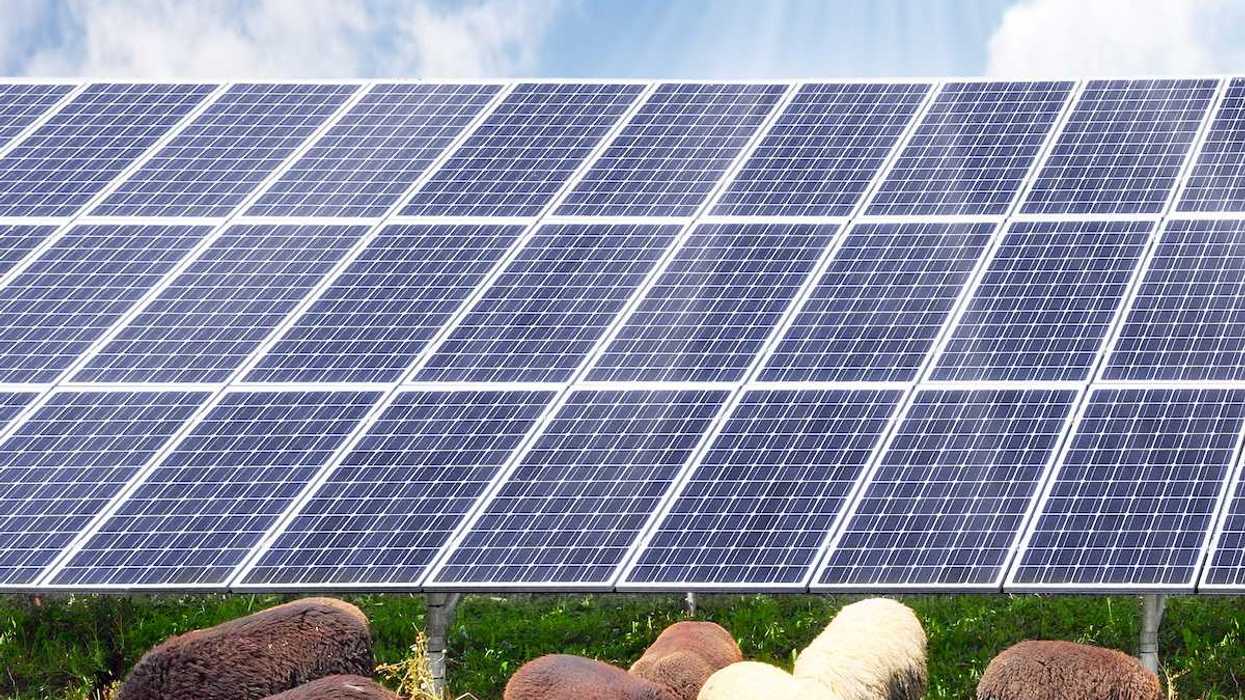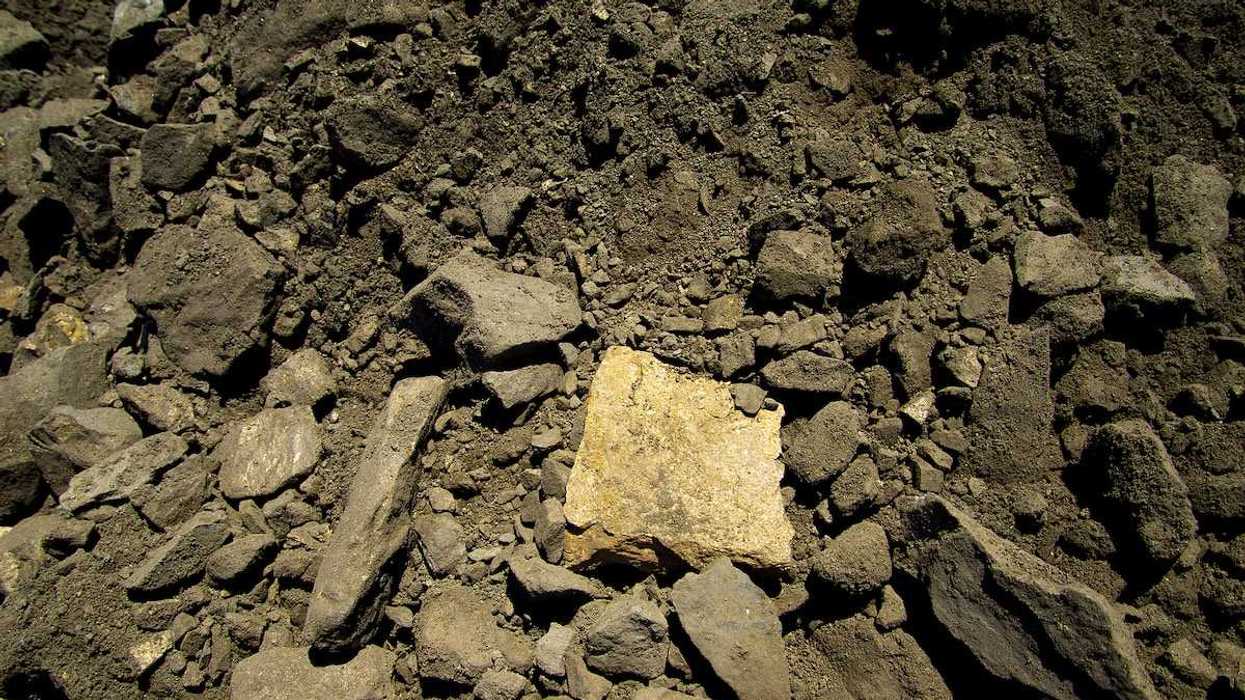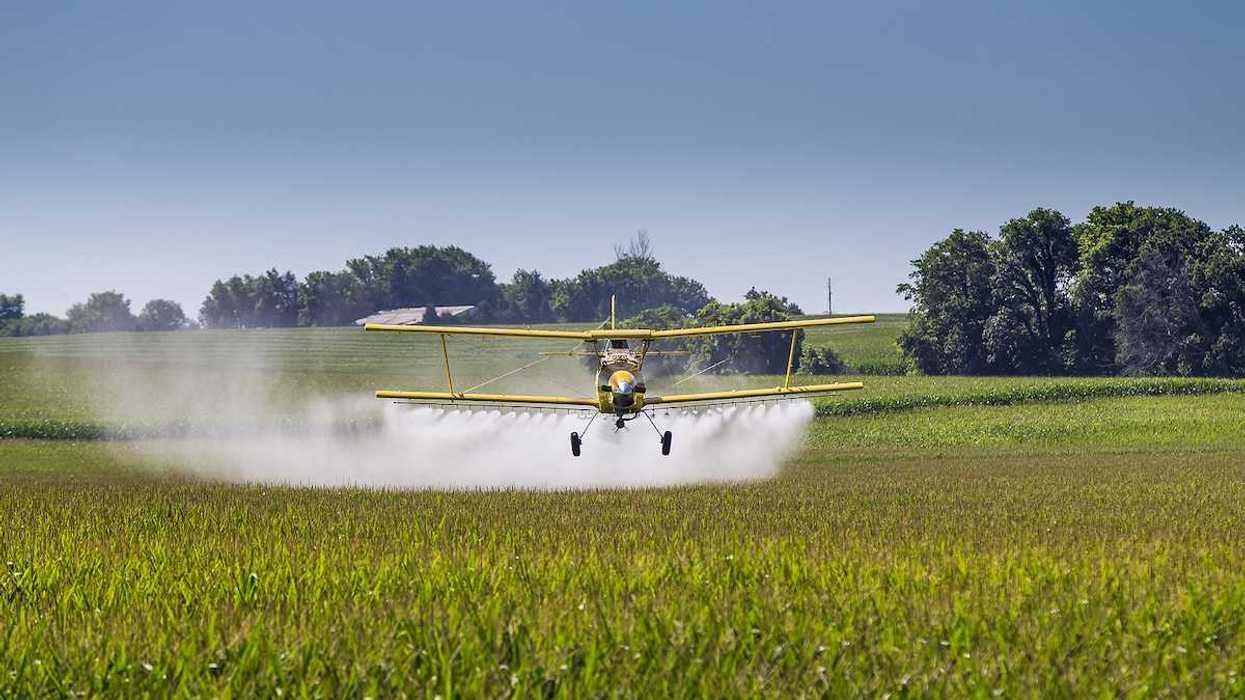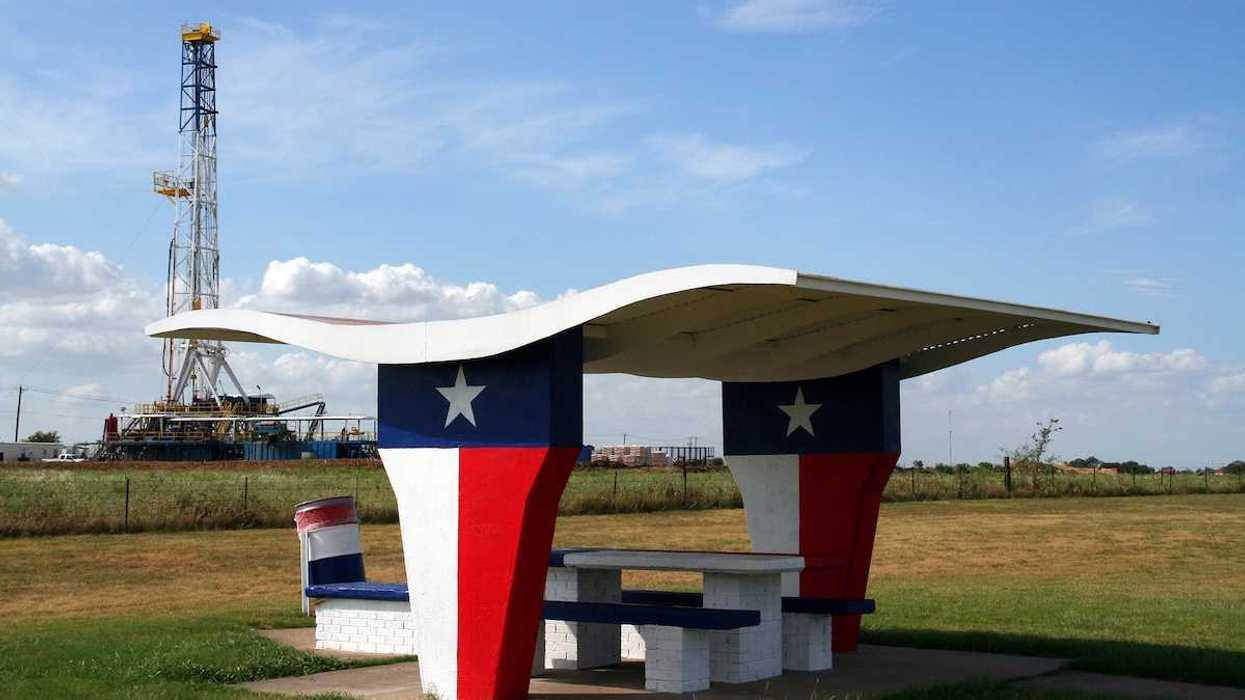Ghana’s illegal gold mining boom has polluted waterways, destroyed farmland and cost the government billions in lost taxes amid allegations of political complicity.
Eromo Egbejule reports for The Guardian.
In short:
- Illegal mining, or "galamsey," accounts for over a third of Ghana’s gold output, costing the state $2 billion annually in lost taxes and ravaging farmland and rivers.
- The practice, fueled by unemployment and foreign operators, threatens cocoa production and clean water access, with activists predicting water imports by 2030.
- Despite promises, the government has been accused of insufficient action, with ties between political leaders and the mining industry raising concerns.
Key quote:
“Gold is no longer a blessing but a curse.”
— An elder from Dunkwa-on-Offin
Why this matters:
Experts say illegal mining undermines public health and Ghana’s economy, destroying critical farmland and polluting vital water sources, and that the need for enforcement and sustainable practices is urgent to safeguard the environment and future generations.














